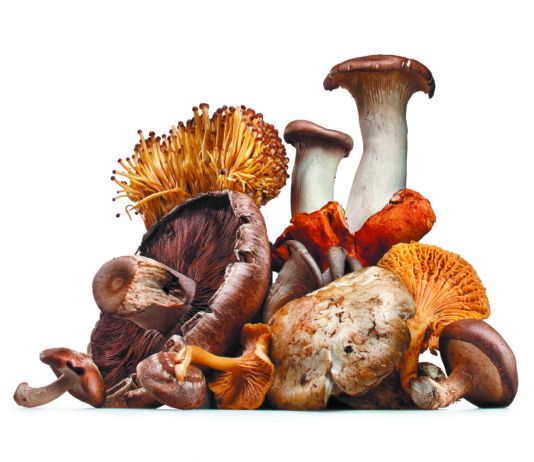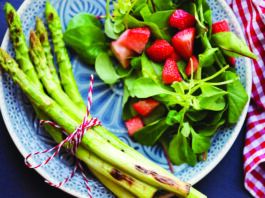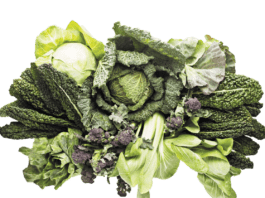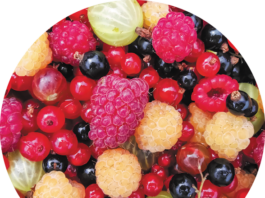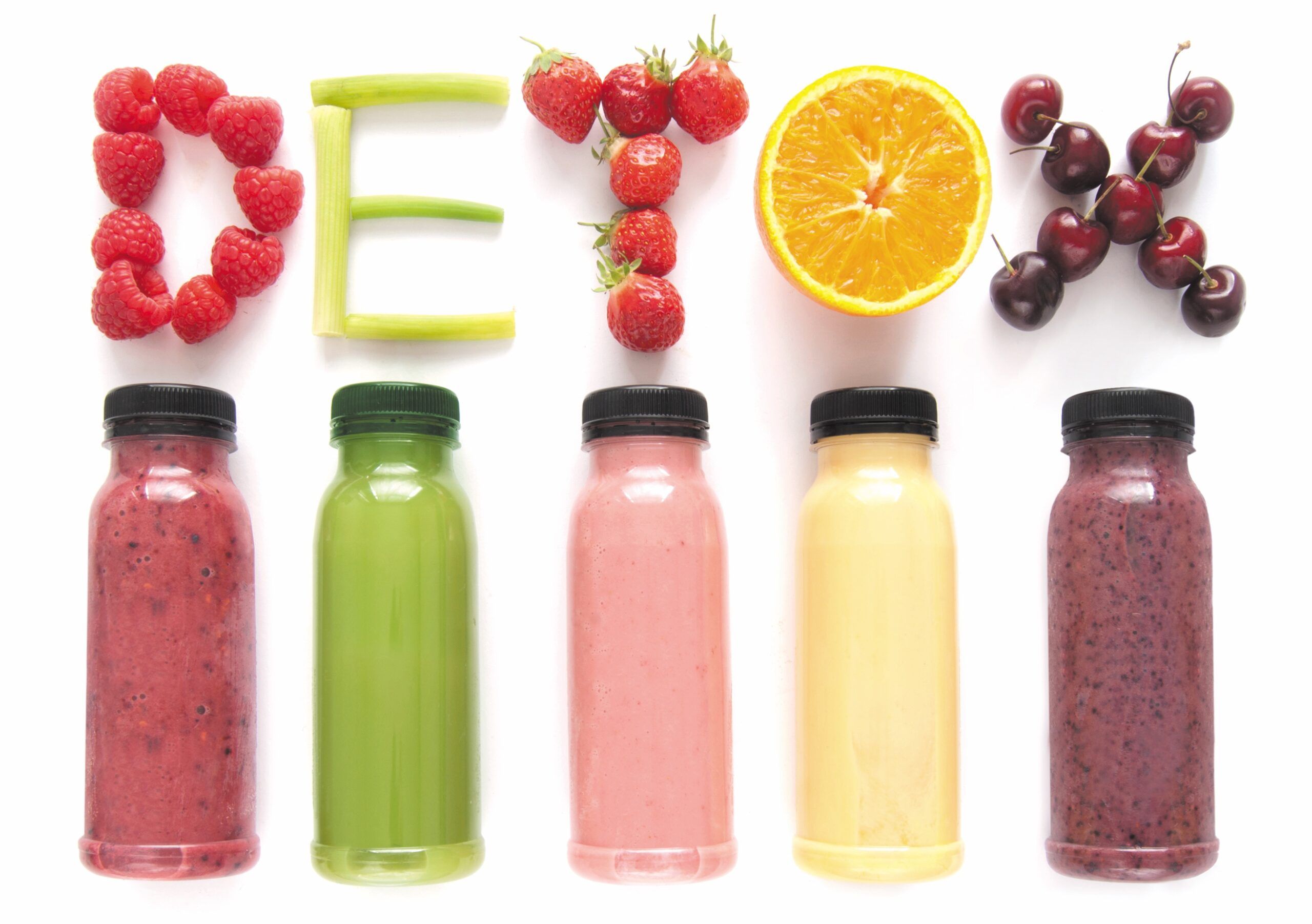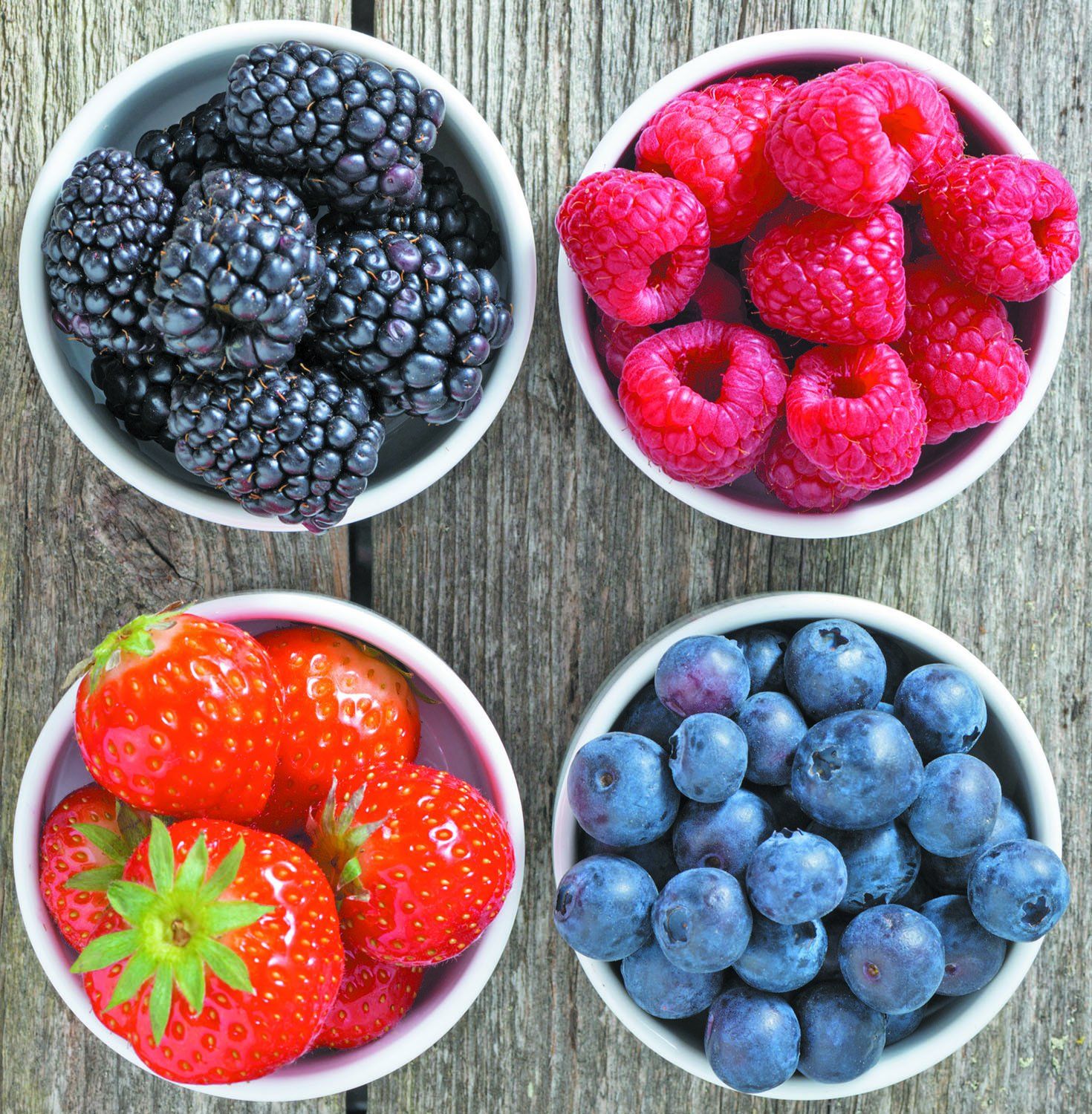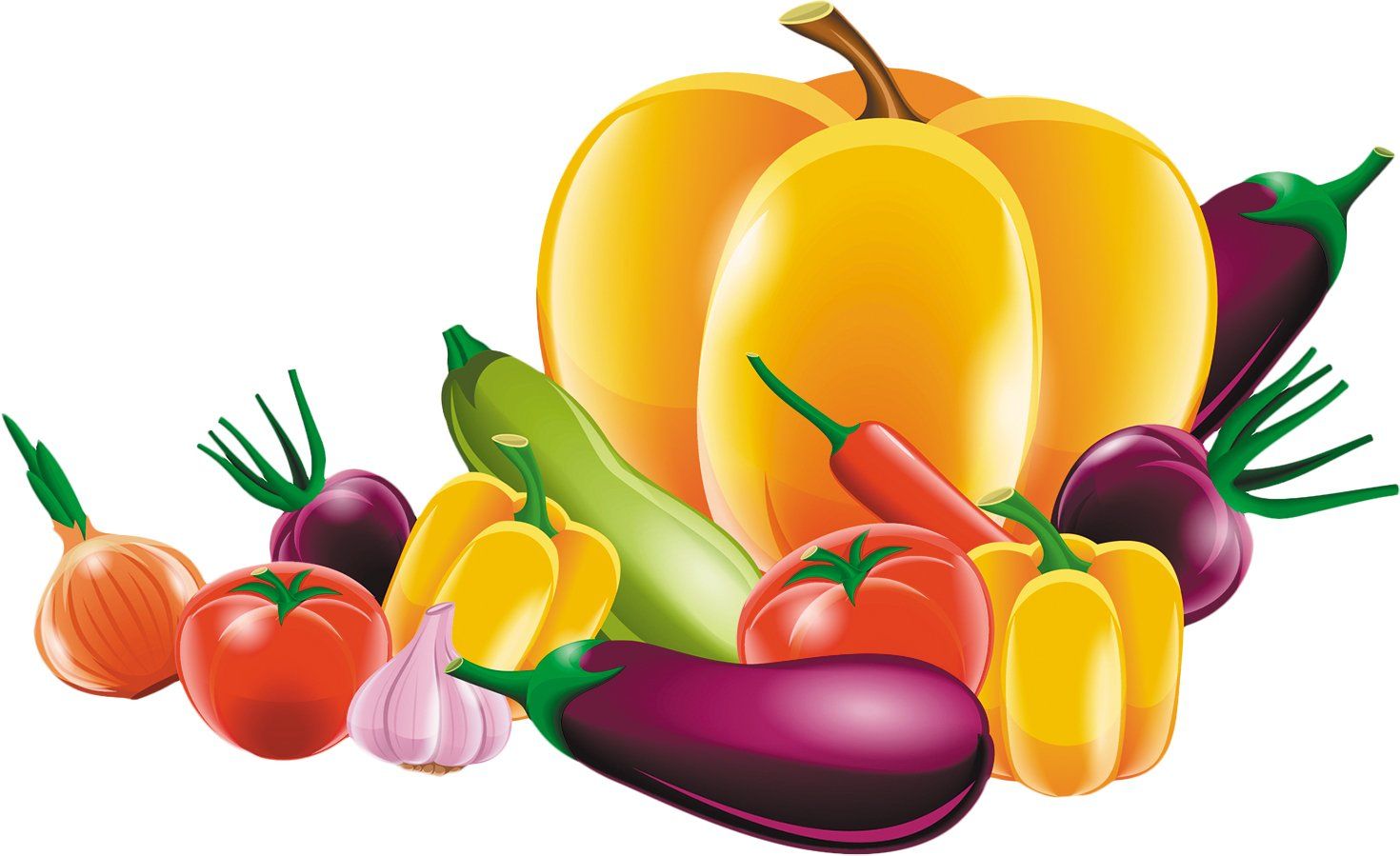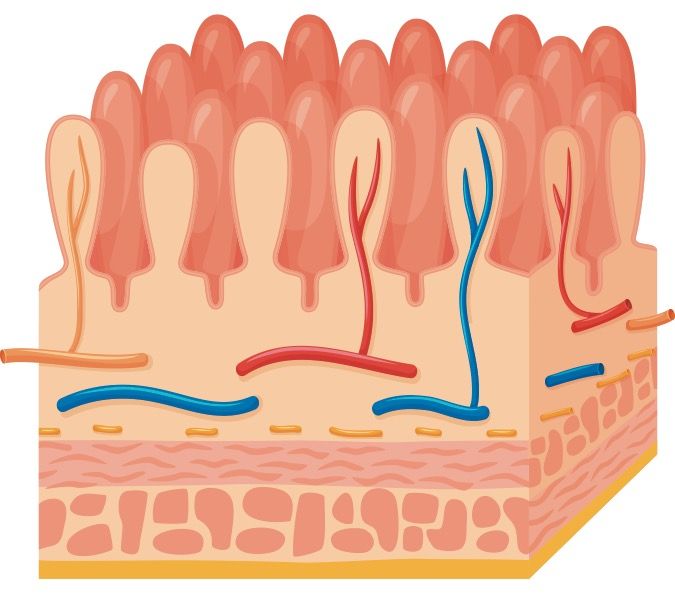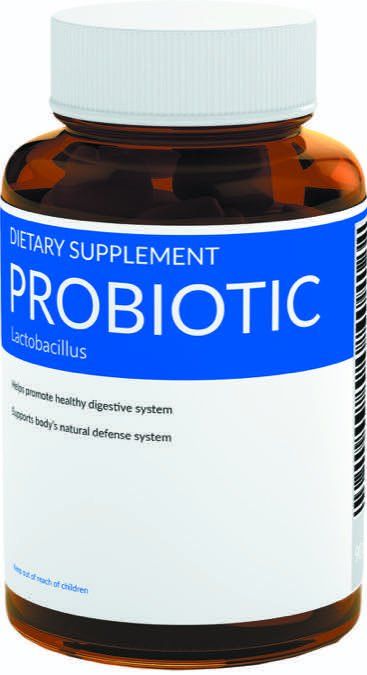Is a “Juice Cleanse” Right for You?
Juice cleanses involve consuming nothing but fruit and vegetable juices, often organic and raw, for two to 10 days. If you are considering trying...
MIND Diet for Better Brain Aging
Currently available medical treatments for age-related cognitive decline and Alzheimers disease have had limited success. Adopting a healthy diet and lifestyle has been among the most consistent recommendations to maintain brain health over the long term. Some studies have linked an overall healthy dietary pattern to less chance of experiencing age-related decline in memory and other cognitive skills.
Managing Special Diets at Holiday Meals
Whether youre hosting or attending a holiday meal, chances are that one or more guests are restricting something from their diets. Watching salt intake is one of the more common dietary restrictions, according to an online poll of American households. But, a good portion of people limit or avoid items like lactose (natural milk sugar), meat, refined carbohydrate/sugar, gluten (a protein in certain grains) or commonly-allergenic items like milk (dairy), peanuts and tree nuts. So, how can you all come together to enjoy a meal?
Step Away from the Smorgasbord
With the holidays approaching, a new study in PLOS One reinforces the importance of staying a good distance away from festive food tables to help avoid overeating.
The Lowdown on Leaky Gut
As the popular depiction of leaky gut goes, damage to the lining of the small intestine can release undigested food particles, bacteria and toxins into your bloodstream. And, that can potentially spur a myriad of health problems ranging from digestive issues to joint pain. Without a doubt, this description is oversimplified and misleading. But, its worth looking at whether leaky gut-or more precisely, increased intestinal permeability-is a legitimate concern.
Debunking 6 Probiotic Myths
Some people use supplements and fermented foods containing probiotics-beneficial bacteria and yeasts-in an effort to improve health. But, is there good science behind them? Probiotic experts help clear up six common myths.
More Antioxidants in Loose Tea or Tea Bags?
Tea (from the Camellia sinensis plant) is a rich source of flavonoid phytonutrients, which function as antioxidants. The amount and relative proportion of these compounds in tea leaves depends on a variety of factors, including growing conditions, post-harvest processing (including the fermentation that converts green tea to oolong and black teas) and storage time before brewing. The form of tea, whether as loose leaf or the broken leaf (pekoe) and even smaller particles (fannings or dust) in bags, is not a clear determinant of its antioxidant capacity.
Q. Is it a good idea to soak raw nuts before eating them?
Q. Is it a good idea to soak raw nuts before eating them?
Q. How do heating and freezing affect antioxidant levels in food?
Q. How do heating and freezing affect antioxidant levels in food?
Q. Does it matter when I eat fruit? Should I eat fresh fruit before...
Q. Does it matter when I eat fruit? Should I eat fresh fruit before lunch and before dinner or after lunch and after dinner?
























